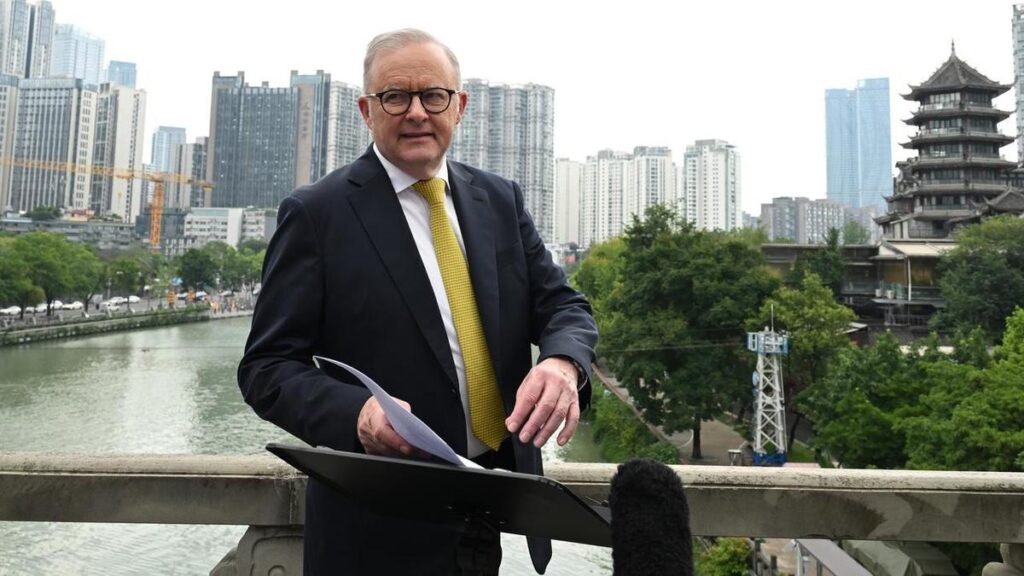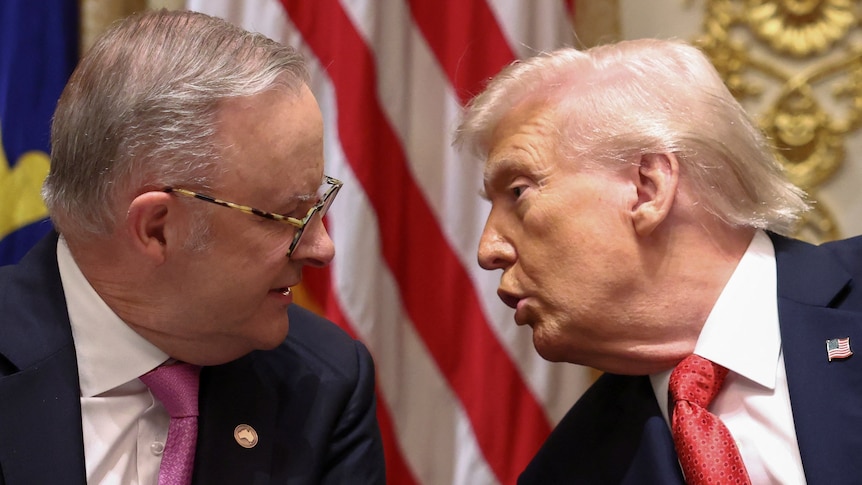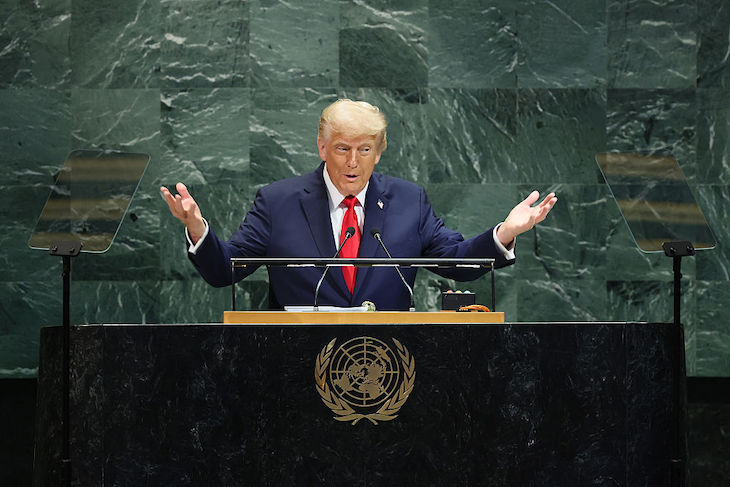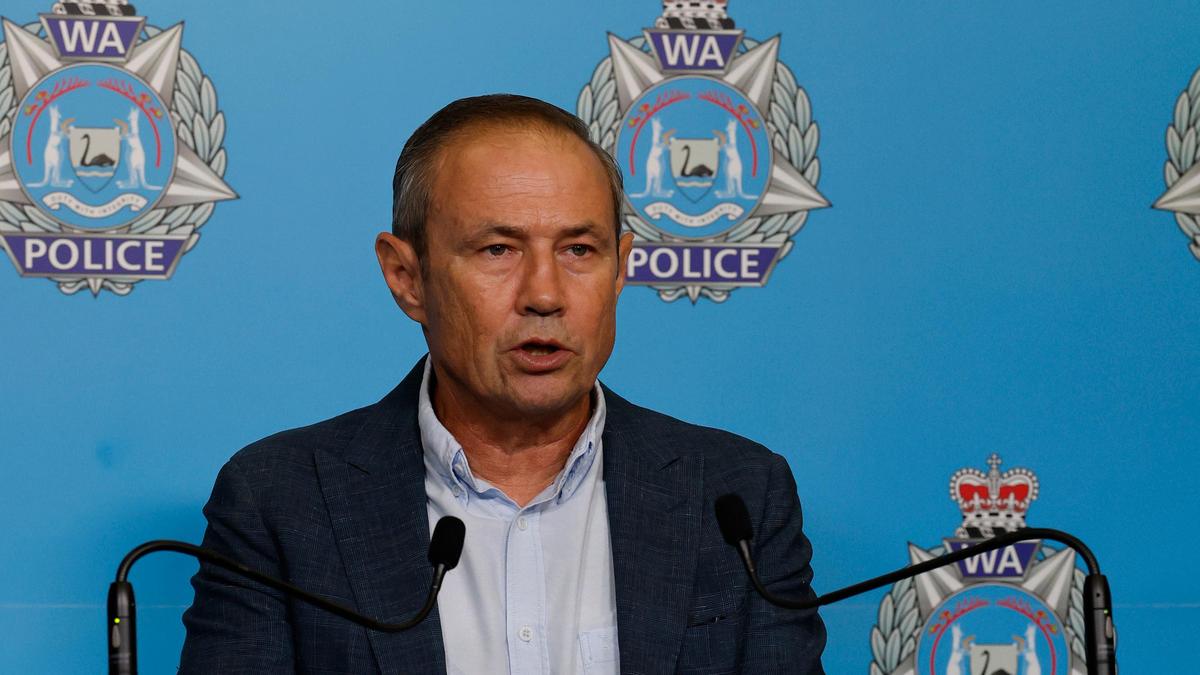
UPDATE: Australian Prime Minister Anthony Albanese just concluded a transformative six-day tour of China, emphasizing the country’s rapid growth and significance beyond major cities like Beijing and Shanghai. As he departs from Chengdu, the capital of Sichuan province, Albanese shared critical insights that matter to Australians today.
Chengdu, a city of 21 million people and a burgeoning hub for high-tech industries, showcases the remarkable developments China has undergone since the Prime Minister’s last visit in the 1990s. Albanese noted that “China isn’t just Beijing or Shanghai,” reflecting a deepened understanding of the nation’s expansion. He highlighted the innovative architecture that now defines Chengdu, stating, “There was more innovative architecture than in any city I have been to around the world.”
During his visit, Albanese toured a manufacturing facility owned by Australian company Cochlear, which specializes in hearing aids. He praised Cochlear’s success in China, where approximately 50,000 units have already been sold. With an estimated 10 million individuals in China suffering from severe hearing loss, the potential for growth in this sector is enormous, offering significant opportunities for both nations.
Albanese’s observations underscore the vast potential of China’s economy, which is projected to achieve a 5% GDP growth this year, translating to an addition of about $1.4 trillion to its economy. This growth is critical, as it reflects the ongoing development that could influence Australia’s housing and energy challenges.
As he reflected on the changes in China, Albanese emphasized the sheer scale of its infrastructure achievements, noting, “In less than three decades, it has built more kilometres of high-speed rail than exists in the rest of the world.” This rapid development contrasts sharply with urban planning and consultation practices in Australian cities like Sydney and Melbourne.
Amid concerns regarding China’s slowing economic growth and an ageing population, Albanese remains optimistic about the opportunities that lie ahead. As the middle class in China continues to expand, the economic ties between Australia and China are set to grow stronger.
What’s next? As Albanese returns to Australia, the implications of his visit will resonate in discussions about bilateral trade and investment strategies. The Prime Minister’s insights could spark renewed conversations about embracing innovative practices seen in China to address domestic challenges.
Stay tuned for more updates on how Albanese’s trip may influence future Australia-China relations and economic policies.







